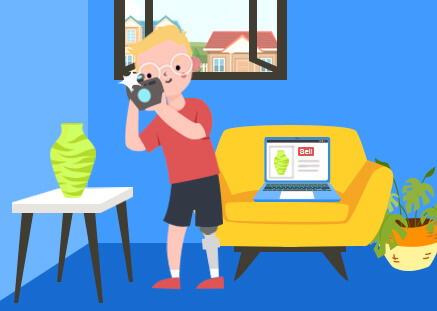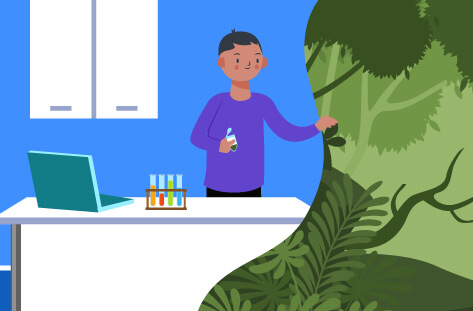

A great Indian scientist Dr. Manu Prakash has designed a beautiful and magical device called foldscope. Foldscope is a small microscope made of a paper and building it is as simple as building a paper plane.
In this project you will grab a foldscope in your hand and go for a nature walk taking photos of plants cells, scales on butterfly wings, beauty of water droplets, and whatever you are curious about the nature around you.
You will be developing your own micro nature album and we will feature your photos to world through our vast network of curious folks. You will also see work of other curious people like you and would get a chance to meet with each other on our digital collaboration platform.
With this DIY, you will get a foldscope of your own, packed inside a bag with other essential tools. You will also get credentials to your Makershala DIY project along with Makershala App instructions, building guides, and worksheets that would help you in building your own Micro Nature album and share it with world.
.jpg)
.jpg)
.jpg)
.jpg)
.jpg)
.jpg)
.jpg)
.jpg)
.jpg)









